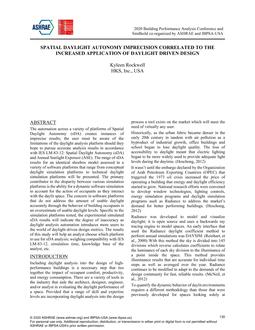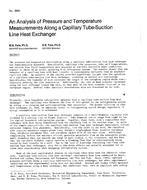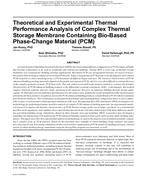Tests were conducted with 24 separate ventilation systems present in 13 separate buildings to determine the rate constant, k, associated with the heterogeneous loss of ozone within buildings. For laboratory-office buildings, the value of k = 0.04 ft³/ft²-min (or 0.02 cm³/cm²-sec) is recommended for use in the “linear combination” model to determine the filter factor, Fo, needed to prevent the indoor concentrations of ozone from rising above some desired fraction of those outside.
Data from tests conducted elsewhere were used to determine the rate constant for the heterÂÂogeneous loss of sulfur dioxide within a laboratory-office building. The value of k = 0.014 ft³/ft²-min (or 0.007 cm³/cm²-sec) is recommended for use in the "linear combination" model to determine the filter factor, Fo, needed to prevent the indoor concentrations of S02 from rising above some desired fraction of those outside.
Based upon the data obtained in the above-mentioned tests, an auxiliary air filtration system (utilizing nine activated charcoal filters) was designed, constructed and operated for a period of 3 yrs. This system filtered the make-up airstream only when the outdoor concentration of ozone rose above 0.08 ppm. The filter life for ozone removal appears to be about 3 yrs under such operation. During this time the indoor concentrations of ozone never exceeded the Federal Standard.
It is recommended that new buildings located in urban areas be constructed so that the make-up air be selectively filtered in addition to filtering out the dust in the mixture of make-up plus recirculated air. Furthermore, it is recommended that the design permit the selective filter for the make-up air to be bypassed when the outside air quality is good.
Citation: ASHRAE Transactions, Volume 87, Part 1, Chicago, Illinois
Product Details
- Published:
- 1981
- Number of Pages:
- 24
- File Size:
- 1 file , 2.5 MB
- Product Code(s):
- D-CH-2618


